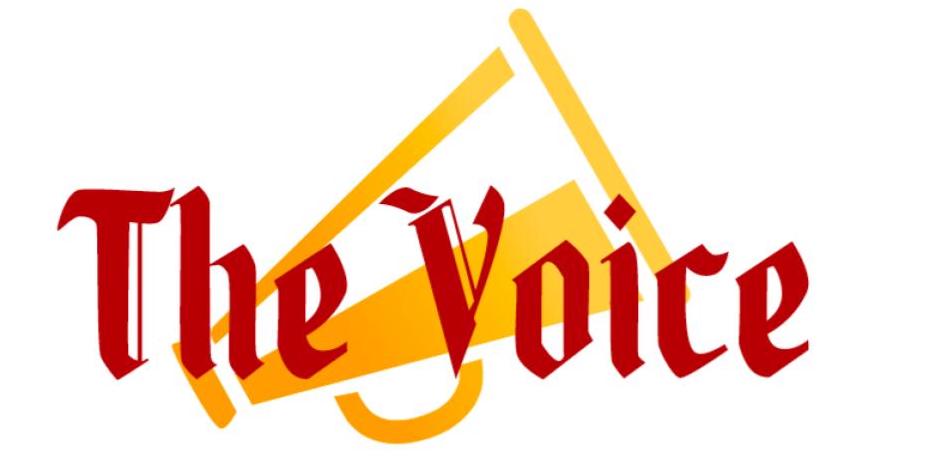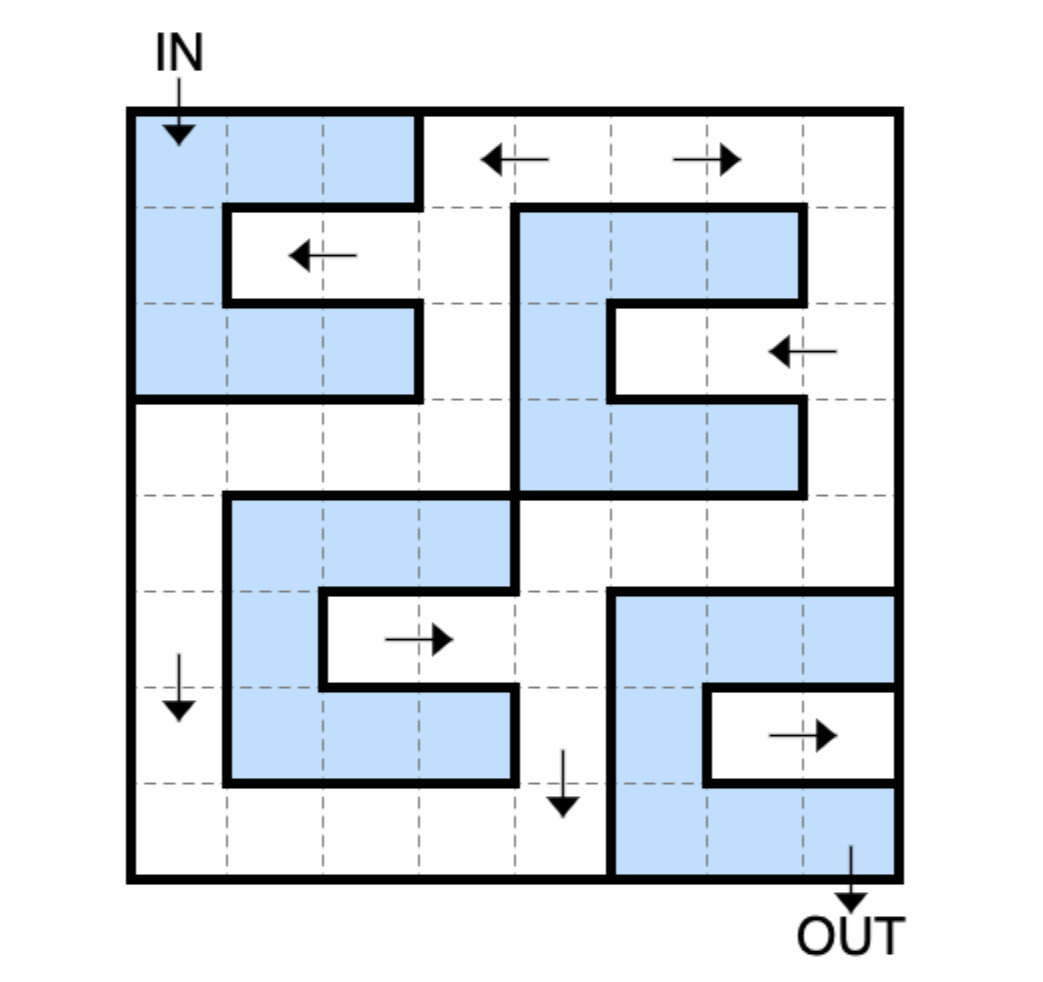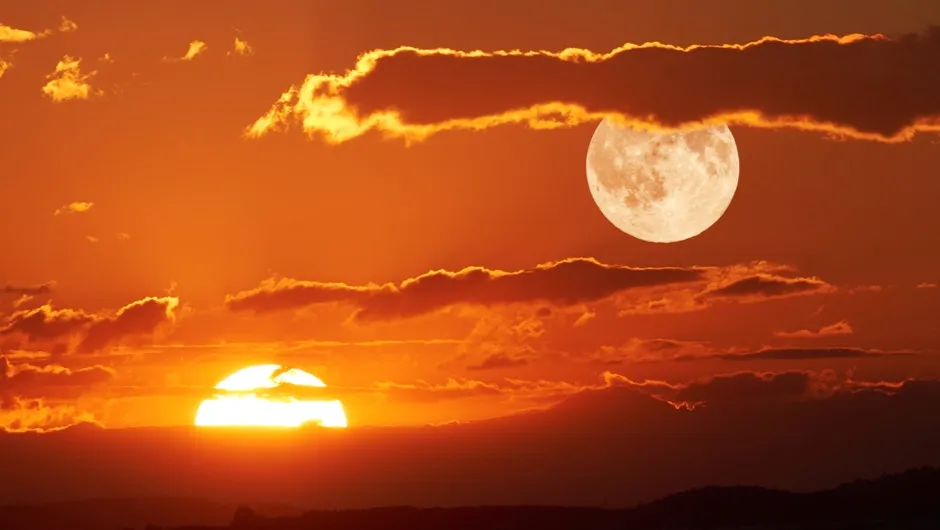On Monday, April 8th, millions will gather across the nation to witness a once-in-a-generation phenomenon: a total solar eclipse. Our state, Massachusetts, is set well in its path; at the peak of the eclipse, over 90% of the sun will be covered by the moon for a partial eclipse. However, just a few hours away in Vermont, a total solar eclipse will take place, with the moon completely blocking out the sun! Even better, the eclipse will start during the last hour of the school day. To take advantage of this golden opportunity, Concord-Carlisle High School has made multiple proactive decisions to give students a chance to get a view of this rare event.

On Monday, 9th-grade students and chaperones will travel to the Lyndon Campus of Vermont State University to see the full eclipse. Nestled in the wilderness of Northern Vermont, this location will serve as a home base for the students as they embark on an astronomical journey. As a part of the trip, students will get to learn from the school’s Head of Atmospheric Science about the totality, providing an excellent and engaging educational opportunity as well.

Ray Pavlik, a 9th-grade Planet Earth teacher, has been at the forefront of organizing this trip to allow students the opportunity to witness the total solar eclipse, and The Voice is grateful to interview him. He admits that he’s been eyeing this opportunity for a long time; to be exact, he has “had this on [his] calendar for five or six years.” He feels that the specialty of this event lies in its rarity. He expands, “We won’t see another one in Massachusetts for another 50 years,” and this trip might be students’ “last chance to go and see [a total solar eclipse].”
While planning the event, Mr. Pavlik faced multiple challenges, such as choosing the right location, considering traffic and weather, finding chaperones, and getting permission slips. However, he remained resilient, knowing that doing the trip with such a large group of people would make it even more of an unforgettable experience for all. As a Planet Earth teacher, he is especially excited that the trip will help students “feel more connected to the planet.”
As for the trip itself, Mr. Pavlik looks forward most to “the moment of totality.” He explains that even though there will be over 90% totality at CCHS, he still chose to host a trip to Vermont because it will experience a total solar eclipse with 100% totality, saying, “The difference between 95% and 100% [totality] is literally night and day.”
To accommodate for CCHS’ special activities, the schedules for Monday, April 8th, and Friday, April 12th, will be swapped. Normally, there is a Flex Block on Friday morning, but it will be moved to the end of the school day on Monday. This way, students staying at CCHS who would like to view the extraordinary phenomenon can do so by signing up for an “Eclipse Viewing” Flex Block. Also, the Concord Education Fund has provided all staff and students with eclipse glasses to ensure everyone’s safety and enjoyment.

Solar eclipse-related activities are not only happening at CCHS but will span the whole district. Concord Middle School will host an Afterschool Eclipse Watching Party, and CCHS students will create a fun scientific video for the elementary-school children explaining the eclipse and its significance.
A total solar eclipse occurs when the moon passes directly between the Earth and the sun, completely blocking out the sun’s light. This creates a temporary shadow on the Earth’s surface, turning day into an eerie twilight. Not only will we see a difference, but we will feel it too: as a result of the eclipse, the temperature will drop by about ten degrees Fahrenheit, so don’t forget to bring a jacket if needed!
During a total solar eclipse, the moon’s shadow is composed of two parts: the umbra and the penumbra. The umbra is the central, darkest part of the shadow where the sun is completely blocked, creating a brief period of total darkness known as “totality.” The penumbra is the outer part of the shadow where the sun is only partially obscured, resulting in a partial eclipse for observers outside the path of totality.

For observers within the path of totality, a total solar eclipse is a truly breathtaking sight. As the moon covers the sun, the sky darkens, and stars and planets become visible. The sun’s corona, the outermost part of the Sun’s atmosphere, is also visible during totality, creating a stunning halo around the moon.
Total solar eclipses are extremely rare to see. Although they occur around every 18 months, they are only visible from a specific region along the eclipse’s path, which often ends up being near the poles or in the middle of the ocean. In fact, NBC states that it takes about 375 years for a total solar eclipse to be seen again at the same location. Witnessing a total solar eclipse is a once-in-a-lifetime experience for many people, and many people travel to specific locations to see one. This eclipse is no exception. According to the Great American Eclipse, one to four million people are predicted to travel for the eclipse on Monday, bringing an astronomical economic boost, especially to small towns right under the eclipse that may have never seen so many tourists before.

The total solar eclipse on April 8th is a unique and exciting event that millions across the nation are looking forward to. Our school has taken proactive measures to ensure that students and staff can safely and happily experience the eclipse, including the 9th-grade expedition to Vermont and the adjustment to the schedule. As watching a total solar eclipse is such a rare opportunity, we are grateful that CCHS has made it possible for its students to have front-row seats to this out-of-the-world phenomenon.




































